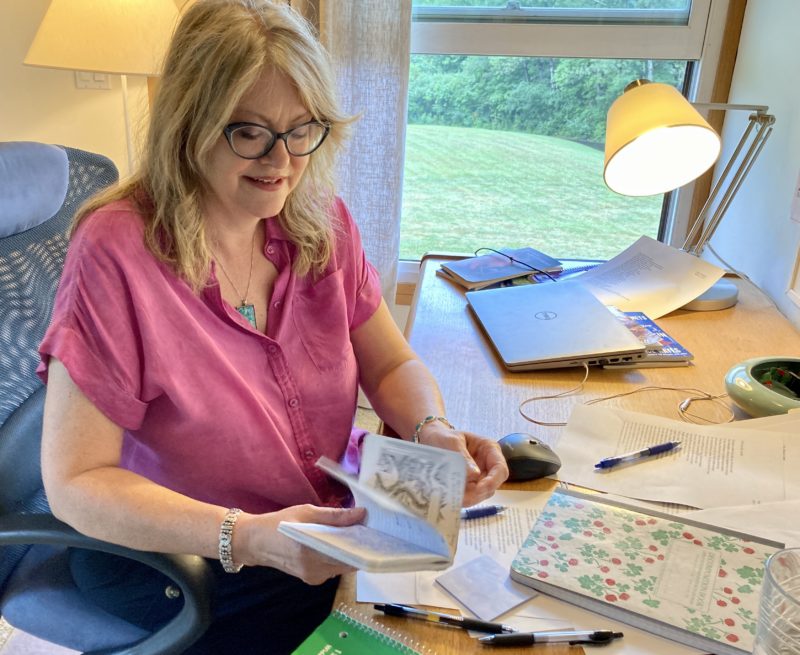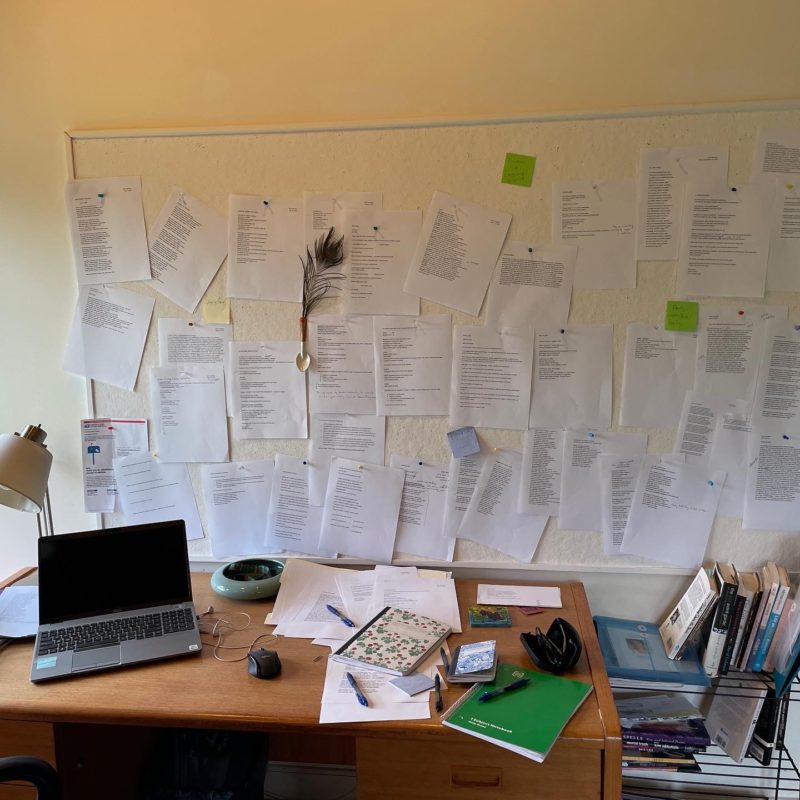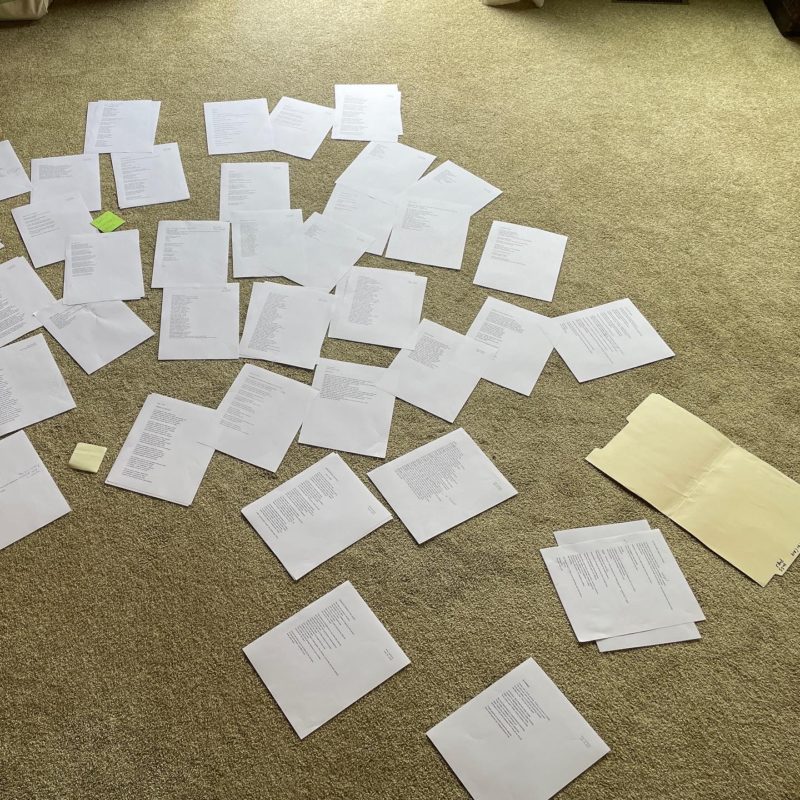Last summer, Amy Lemmon, a poet and professor of English and Communication Studies, completed her first residency—a four-week fellowship at the prestigious Saltsonstall Foundation in upstate New York.
Saltonstall’s highly competitive fellowship is unique: a jury of artists judges applicants solely on anonymously submitted work samples and a statement—without reference to the person’s credentials or other career accomplishments. Lemmon completed the residency June 13 through July 11, along with four other artists.
“It’s important to have the space,” Lemmon says.

Lemmon has been teaching at FIT since 1996 and has chaired the department since 2017. She is also single mother with a disabled child, who frequently figures in her writing.
“There has never been a time when I didn’t have family responsibilities, teaching responsibilities … I would not have been able to do this work otherwise,” Lemmon says.
During the residency, where she worked on her third full-length poetry collection, Lemmon describes a feeling of decompression and openness during her creative month, where she was able to foreground her creative work in a way previously off-limits. She took full advantage of quiet, uninterrupted work time, limited cellphone connectivity, and the lush greenery of early summer in rural New York. (Lemmon and the other fellows even started a text thread to follow a family of turkeys on the property.)

Communing with the natural environment and getting to know the communities of New York’s Finger Lakes region brought Lemmon deeper into her own creative process. “I came up against my boundaries in a way I wouldn’t have been able to in my normal day-to-day life.”
For instance, the spacious working quarters allowed Lemmon have the space to physically print out and arrange her collection—the first time she was able to look at the work as an ensemble and address the visual aspect of her poetry. Lemmon also reacquainted herself with a prior manuscript in a different genre that she had written and forgotten about.

Lemmon even found herself using creative techniques she teaches her own students and developing new ways of working through creative blocks—lessons that she plans to bring back to FIT.
“As important as the words I have drafted and edited here is the progress I have made in healing from the strains of recent years, renewing my resolve to more solidly embed writing in the patterns of ‘regular’ life,” she wrote shortly after the program’s conclusion.
Lemmon adds, “I’m renewed in the practice and that’s something I can bring to my students.”
